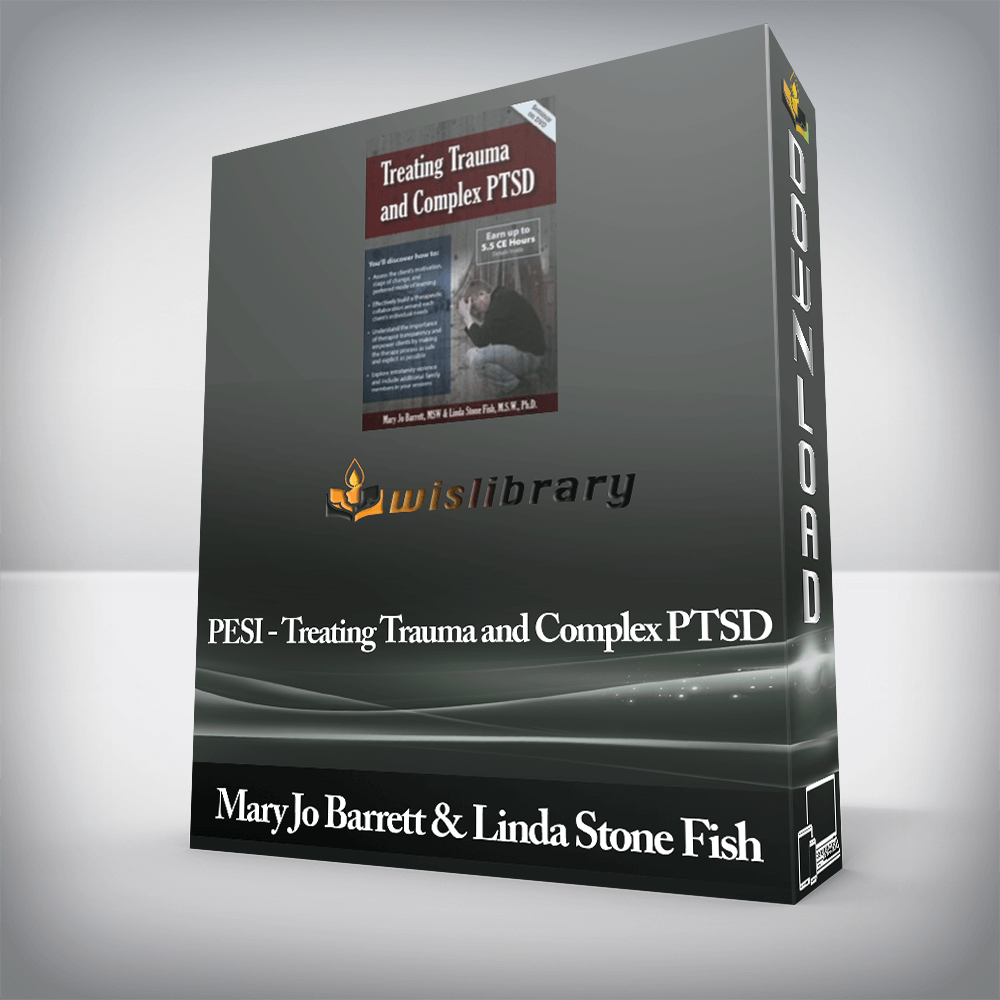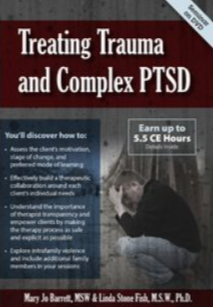

Explore practical in-session techniques as well as a framework to help you recognize what’s happening when things heat up and get intense.
File Size: 2.53 GB.

When working with trauma cases do you see clients go into flight, fight, and/or freeze? Do they yell at you, insult you, or leave the session? Are there times you find yourself getting angry at your clients? Do you recognize your own flight, fight, and/or freeze response? Welcome to the messy, often confusing world of trauma treatment. In this workshop, you’ll explore practical in-session techniques as well as a framework to help you recognize what’s happening when things heat up and get intense. You’ll discover how to:
There are no reviews yet.
You must be <a href="https://wislibrary.org/my-account/">logged in</a> to post a review.